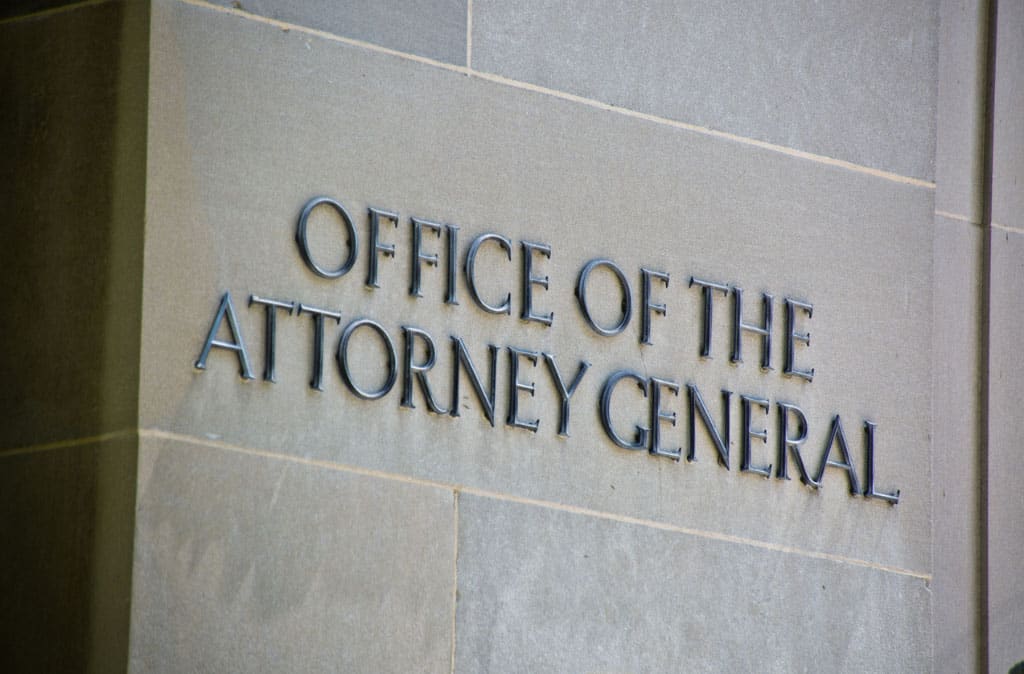After his confirmation by a 70-30 vote in the Senate on March 10, Merrick B. Garland was sworn in as attorney general of the U.S. the next day. He gave a brief video speech to all U.S. Department of Justice (DOJ) employees after the ceremony, announcing a step back from apparent DOJ partisanship. Garland pointed to Edward H. Levi’s DOJ as an example of the DOJ he would try to create. Under Levi, the DOJ took steps to further separate itself from the Executive branch after the Nixon administration’s Watergate scandal. Garland’s comparison of himself to Levi offers a glimpse into the type of attorney general he may hope to be: an apolitical leader supported on both sides of the aisle, who has the ultimate goal of re-establishing full separation between the branches of government.
Garland’s record on whistleblowing as a Federal judge is strong. In 2004 and 2008 he penned opinions that supported or expanded the scope of the False Claims Act, America’s premier whistleblower law. In 1979, Garland served on a DOJ panel and demonstrated a strong understanding of the False Claims Act and its importance as a whistleblower and anti-fraud law. He has also defended strong whistleblower protections against retaliation.
In a recent editorial, Whistleblower Network News (WNN) called on Garland to advocate for essential changes to laws that concern whistleblowers, citing issues with the False Claims Act and other more recent laws. The editorial states that the False Claims Act can be further modernized to clarify the contentious “materiality” loophole that has let many companies off the hook. The piece also mentions the 2020 Anti-Money Laundering whistleblower law, which it claims requires serious revision to be effective. While fixing these laws will require cooperation of the legislature, Garland could single-handedly stop whistleblower prosecution under the Espionage Act, an antiquated law that both the Obama and Trump administrations used to stifle government whistleblowing. National Security Agency (NSA) whistleblower Reality Winner and many others still languish in federal prison as a result of what legal experts have said is a gross misuse of the Espionage Act.
